In the Spotlight
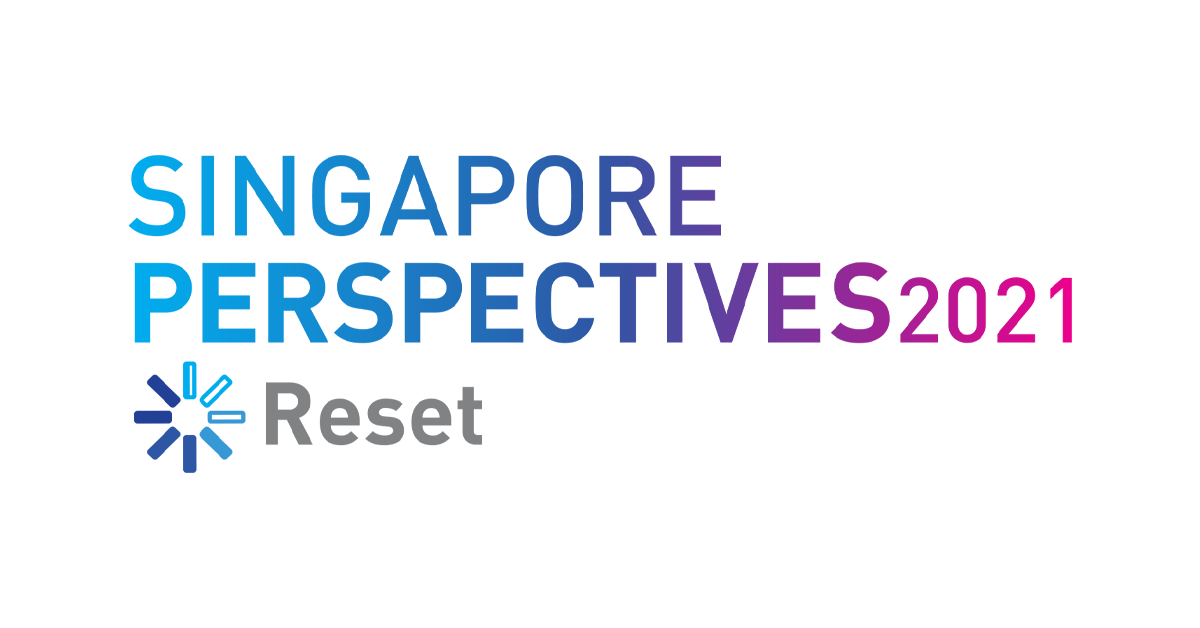
The annual flagship conference by the Institute of Policy Studies, Singapore Perspectives (SP) has concluded its first six online interactive forums on 12 and 14 January 2021. The remaining three online interactive forums will be held on 19 January 2021, followed by a final hybrid conference day on 25 January 2021 featuring in-person plenary sessions that will also be broadcast to an online audience.
Singapore Perspectives Conference 2021: Reset is part of the first phase of Reimagining Singapore 2030, IPS’ new scenario-planning project. The conference brings together international thought leaders, academics, activists and community leaders to consider the challenges presented by the disruption of the COVID-19 pandemic, as well as pre-existing trends and issues in different domains: political, social, economic, technological, ethical, and environmental.
The previous six forum sessions featured Senior Minister and Coordinating Minister for Social Policies Tharman Shanmugaratnam as well as international public intellectuals and civic leaders including Professors Tyler Cowen, Joel Kotkin and Linda Lim. The upcoming forums will feature the likes of Margaret Heffernan, Jared Diamond and Ambassador Chan Heng Chee.
Find out more about SP2021 here.
Articles

Article — Singapore, ASEAN, and Cultural Competence
(ETHOS)
By Shane Pereira and Mathew Mathews
• 8-min read
Studies have found that a sizeable number of young Singaporeans either identify with the “West” or with places like China, Japan, South Korea and Taiwan, rather than their Southeast Asian neighbours. In this article, Shane Pereira and Dr Mathew Mathews suggest how Singapore can foster a greater sense of common identity and destiny with our ASEAN neighbours.
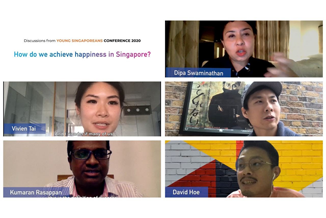
Event Summary — Young Singaporeans Conference 2020
(IPS Commons)
• 4-min read
The Young Singaporeans Conference (YSC) is a marquee biennial event on the IPS calendar. Held in November 2020, the theme of the conference was “Choices”. It provided opportunities for young Singaporeans to talk about their personal choices around life, work, home, and values — and how these are affected by and may affect Singapore in the year 2030.
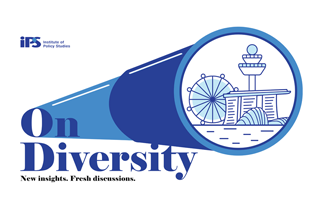
Podcast — IPS On Diversity
(IPS Commons)
• 30-min per episode listen
On Diversity is a podcast series of new insights and fresh discussions, inspired by IPS’ Managing Diversities research programme. The series has completed its first 8 episodes on topics ranging from the arts and culture, to dementia and healthcare. The final episode titled ‘Tech and the Token Female’ will be released on 19 January, 2021.
Recent Releases on the IPS Website
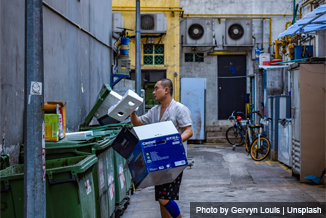 Reflections on the #RecycleRight Citizens’ Workgroup
Reflections on the #RecycleRight Citizens’ Workgroup
The #RecycleRight Citizens’ Workgroup consisted of 48 participants who attempted to find better ways for households in Singapore to recycle. In this report, Dr Carol Soon analyses the process based on the principles of citizen deliberation and engagement, supported by researchers’ observations of the sessions conducted and findings from polls taken before and after the workgroup. The report concludes with several recommendations to inform the design and planning of similar initiatives in the future.
 Citizens’ Panel on Work-Life Harmony
Citizens’ Panel on Work-Life Harmony
Launched in July 2019, the Citizens’ Panel on Work-Life Harmony was a collaboration between the National Population and Talent Division, Ministry of Manpower, Ministry of Social and Family Development and the Institute of Policy Studies. The initiative is part of the Singapore Together Movement, which calls for Singaporeans to play a part in the designing and implementation of policies. From September to November 2019, 55 participants discussed and worked with one another to develop solutions to improve work-life harmony. This report is an analysis of the process by IPS.
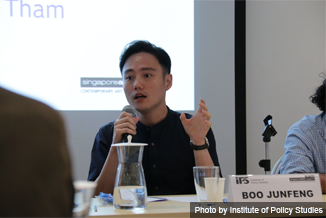 Full Report on the IPS-SAM Roundtable on Growing Singapore’s Film Industry
Full Report on the IPS-SAM Roundtable on Growing Singapore’s Film Industry
The Singapore film industry has been making its mark in the global arena with the production of critically acclaimed films like Ilo Ilo and Apprentice. Much of this success has been attributed to the support provided by the government. In this ninth series of the IPS-SAM Spotlight on Cultural Policy Series, jointly organised by IPS and the Singapore Art Museum, filmmakers, policymakers, academics and experts discussed the history, development and future prospects of Singapore’s film industry.
Recent Publications
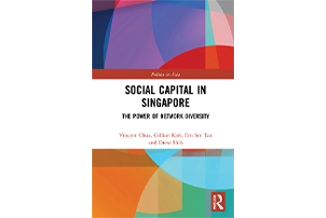 Book Publication — Social Capital in Singapore The Power of Network Diversity
Book Publication — Social Capital in Singapore The Power of Network Diversity
By Vincent Chua, Gillian Koh, Tan Ern Ser, Drew Shih
Meritocracy poses a paradox: On one hand, it integrates individuals through frameworks of equal treatment, equal justice and opportunity regardless of race, language or religion. On the other hand, individuals are then segregating through academic sorting, which also results in elite identification, bonding and social stratification.
Published by Routledge, Social Capital in Singapore. The Power of Network Diversity is authored by the scholars behind a 2017 IPS research project — Associate Professors Tan Ern Ser and Vincent Chua of the Department of Sociology, and the Institute’s Deputy Director (Research), Dr Gillian Koh and former research assistant, Mr Drew Shih. It can be purchased at a 20% discount using the code found on the e-flyer here.
IPS in the News
For media coverage of IPS experts' views on current affairs and IPS events, click here.
For upcoming IPS events, click here. Sign up for the IPS events mailing list here.
Careers at IPS — please check us out and help to spread the word!